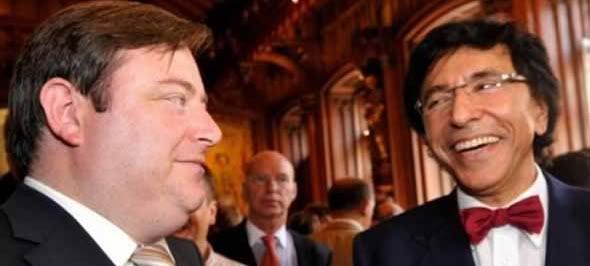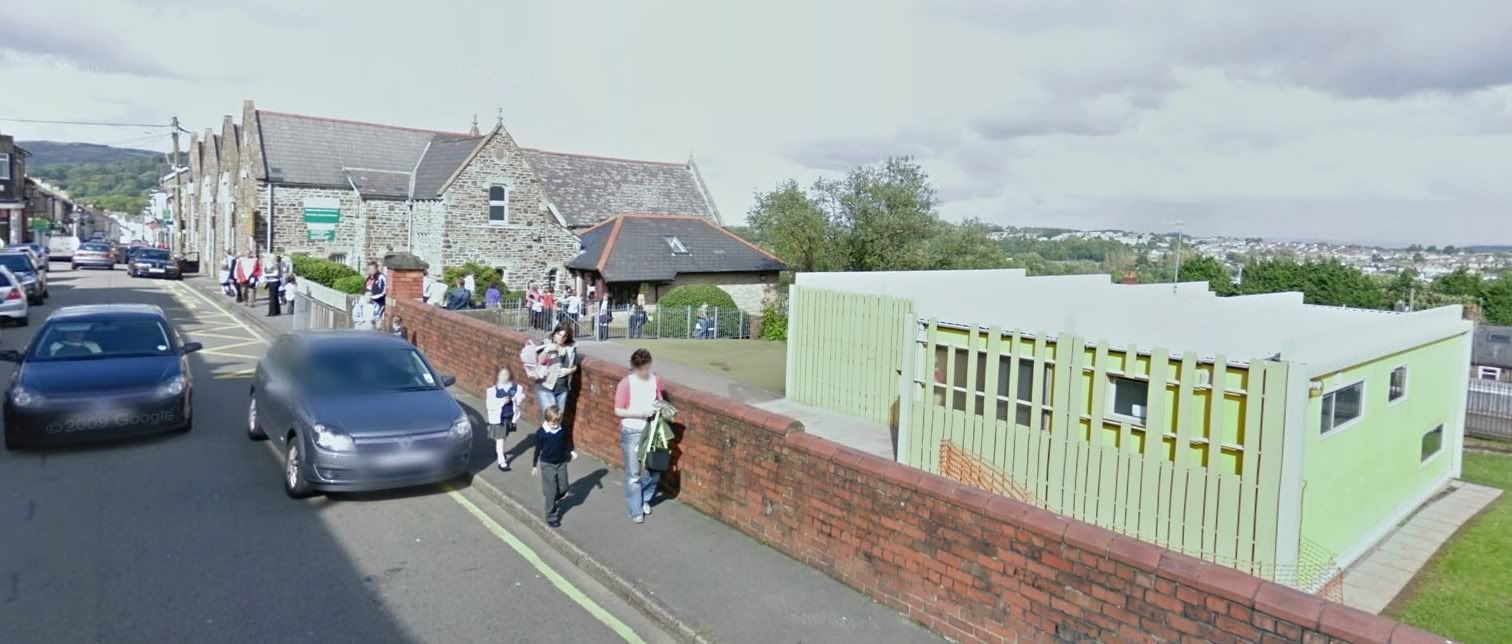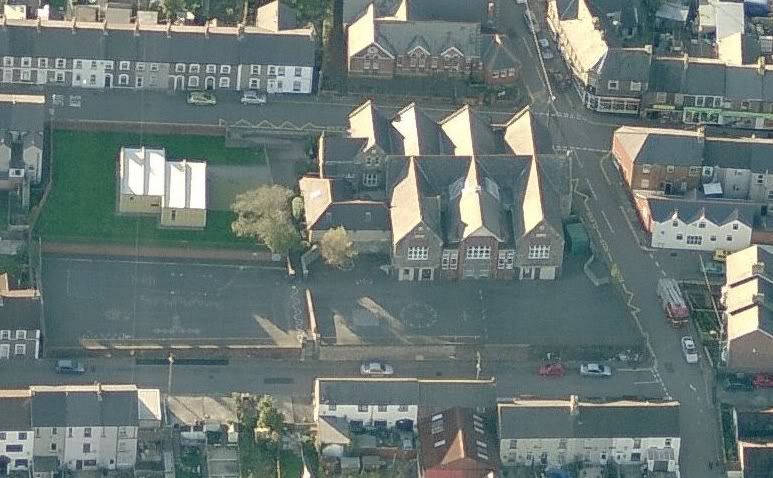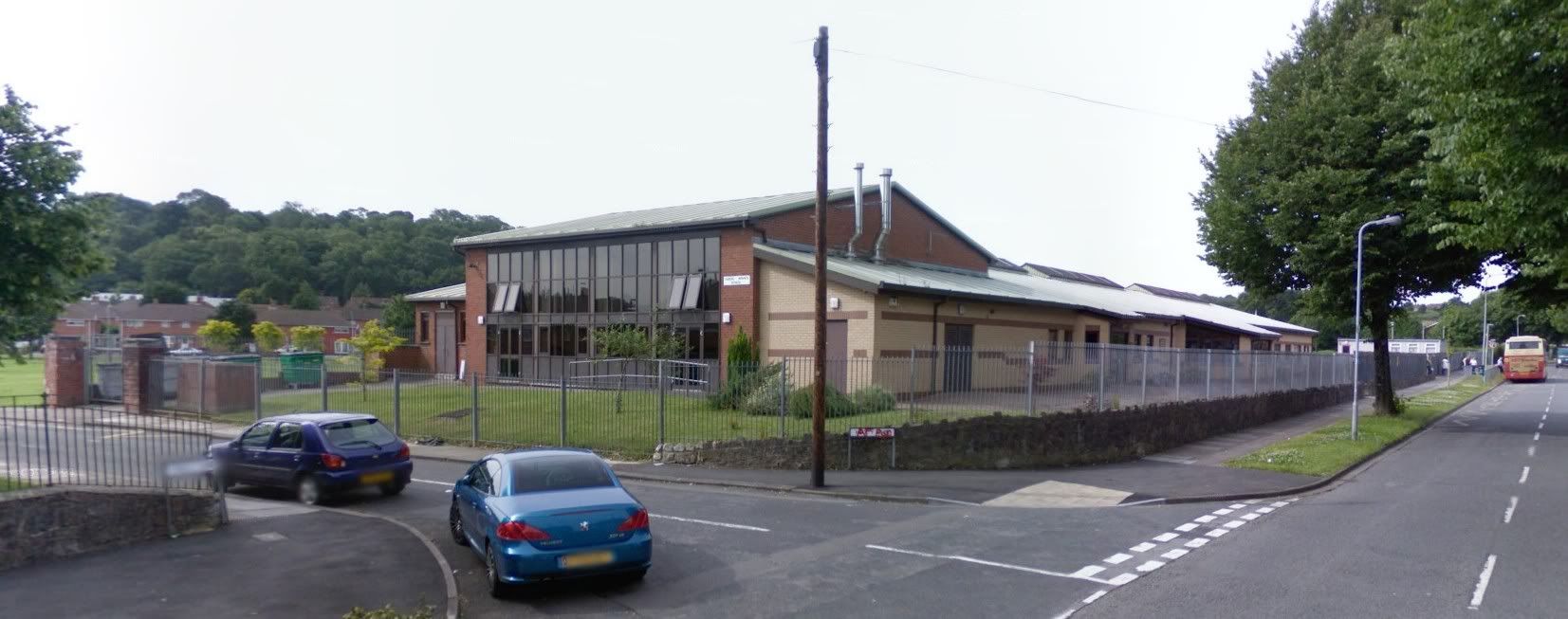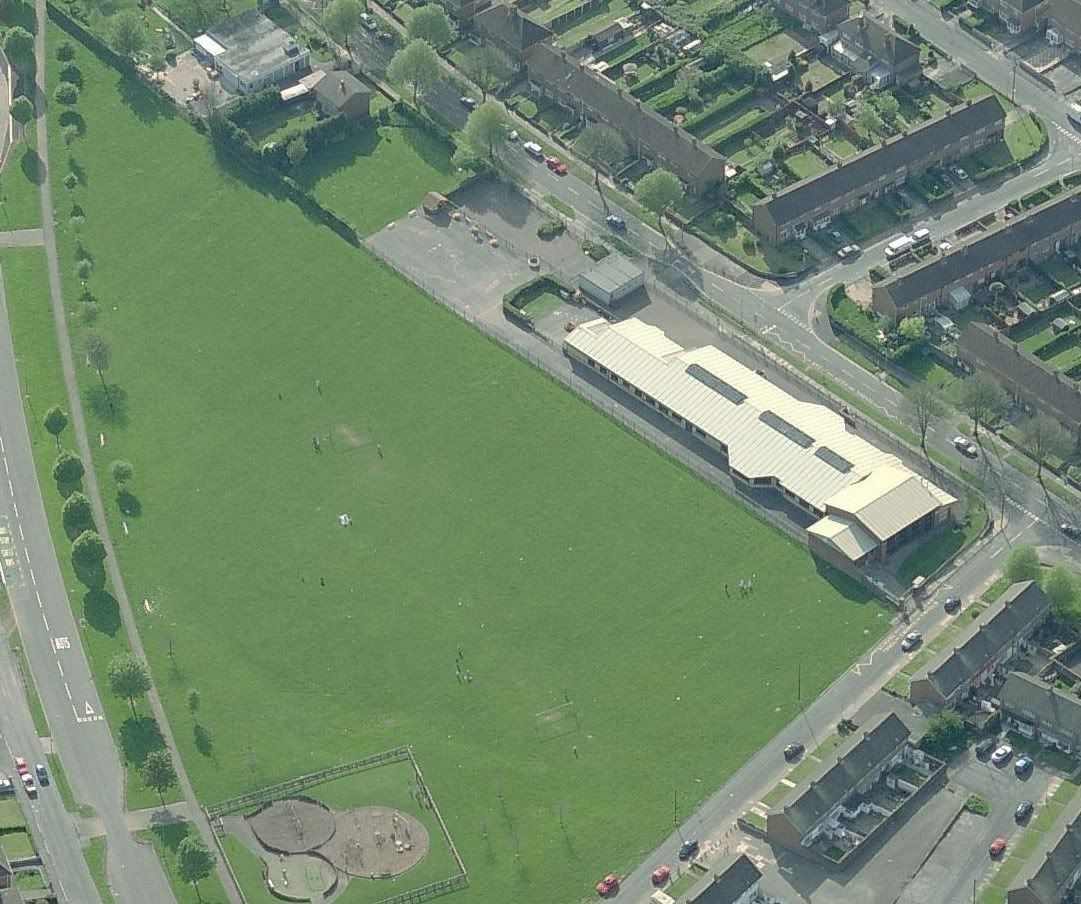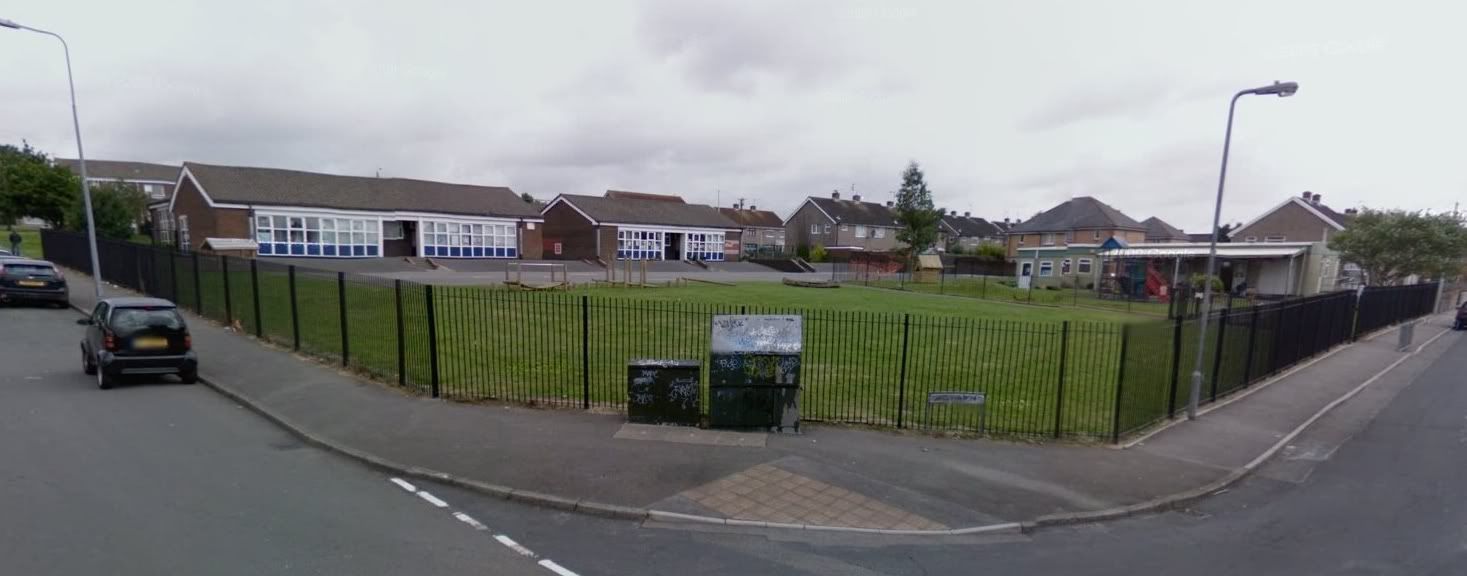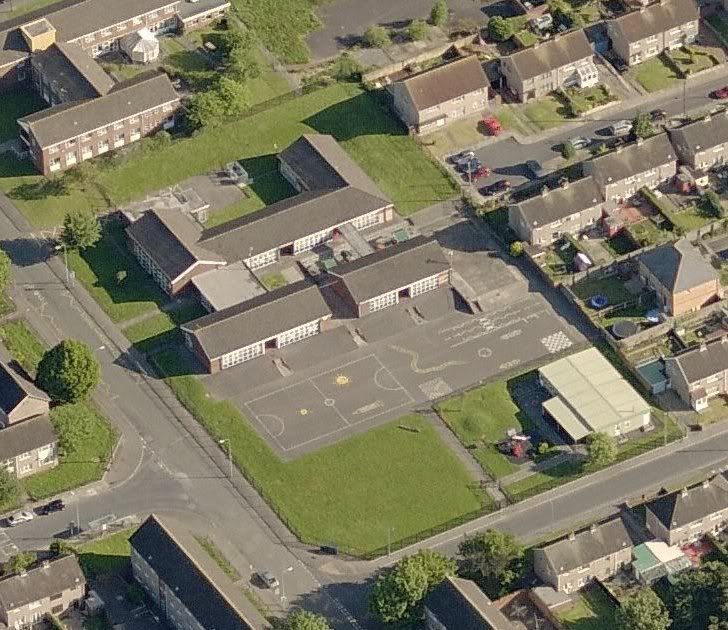Martin Shipton seems determined to stir up a row about Plaid inviting Frieda Brepoels to speak at our conference, but I'm pleased that we did. The N-VA promote an inclusive civic nationalism, as opposed to the exclusive race-based nationalism of many other parties, and that is reason enough to work with them as part of the Green-EFA group in the European Parliament even though they are a centre-right party.

But he certainly makes a surprising number of blatantly incorrect statements in his attempt. Let's look at some of the claims his article makes.
Recently the Wall Street Journal reported that the party, which is in power in the Flemish Parliament, had ordered libraries to stock at least 75% Flemish books, and was insisting that blood donation drives should be conducted among people who were mono-lingually Dutch.
This isn't true on two counts. First, the N-VA has only 16 members in the 124 member Flemish Parliament. The Christian Democrat CD&V, the Liberal Open VLD, Vlaams Belang (a far right nationalist party that does make race and religion an issue ... and probably the party Shipton was trying to confuse the N-VA with when he described it as "the controversial Flemish Nationalist party") and the Socialist SP.A each have more seats ... though that probably won't be the case after the next election. So whatever policies the Flemish Parliament has voted for have more to do with these parties than the N-VA.
But second, look at Martin Shipton's careful mangling of a sentence to give it a completely different meaning. The Wall Street Journal article says:
... blood drives to be monolingually Dutch
Martin Shipton alters it to:
... blood donation drives should be conducted among people who were mono-lingually Dutch
Nice try Martin, but you refer to a newspaper report, you should expect someone to check out whether or not you are distorting it. It's a reference to the language of the campaign, not that only mono-lingual Dutch speakers are encouraged, or allowed, to give blood.
-
Now let's look at the claim of Bart De Wever:
... denying that people from Antwerp assisted in deporting Jews from Belgium during the Second World War.
Again, that's demonstrably wrong. He did exactly the opposite. He said that the authorities in Antwerp did assist the Nazis in that deportation, but that:
Antwerp did not organise the deportation of the Jews, it was the victim of Nazi occupation ... Those who were in power at the time had to take tricky decisions in difficult times. I don't find it very courageous to stigmatise them now.
Economist, 31 October 2007
So why on earth did Martin Shipton turn a statement about not being keen to blame the authorities in Antwerp for their role in the deportation into an outright denial that they had any involvement in it? Sloppy journalism, or another example of distortion?
-
Now let's look at the claim made by Labour MEP Derek Vaughan on education:
What these right-wing separatists have to teach the people of Wales is a question worth asking? Are Plaid seriously thinking about replicating some of their domestic policies? The N-VA, for example, think that preferential choice in schooling should be given to Belgian families who have at least one Dutch-speaking parent.
Derek has jumped at his opportunity to take hold of the wrong end of the stick. The N-VA policy applies to Brussels, not the whole of Belgium. It is very difficult for people in the supposedly bilingual Brussels region to get their children educated in Dutch. The N-VA want at least those who have one parent who speaks Dutch to be able to insist that their child gets a Dutch-medium education. Strange that a Labour politician in Wales should criticize that, not least because we allow every parent, whether they speak Welsh or not, the right to choose a Welsh-medium education for their children. In due course, I'd like the same to be true in Brussels ... as, I'm sure, would the N-VA.
Our big problem is that some Local Authorities still make it very difficult for parents to exercise that choice without having to travel inordinately long distances to get it ... but we can't single out Labour in this respect, for the LibDems can be just as bad where they are in control. Swansea in particular.
-
Now of course, since the N-VA are a centre-right party, you wouldn't expect someone like me to agree with all their policies. But for a balanced view of what Frieda Brepoels actually stands for, this article should be of some help.
-
Finally, I've just taken some time to find out more on the question of Alexia Philippart de Foy being refused permission to buy a house in Flanders. The law in question is "Wonen in eigen streek" which means "Live in your own area". It applies to social housing and to new developments built on land that was in public ownership, for period of twenty years. In that sense, it is not unlike a planning condition. It does not apply to ordinary private sales of existing housing. There are three criteria by which someone would qualify:
• 6 years continuous residence in the municipality or an adjoining municipality;
• At least a half-time job in the municipality;
• Having family, social or economic ties with the community.
Any one of the three would be sufficient.
That does not strike me as being particularly unreasonable, and indeed it might be a model for protecting the character of an area. It doesn't seem so very different from these sort of criteria for the Lake District National Park Authority in England.
I should also remind people again that this law was passed by a 124 member Parliament in which the N-VA has only 16 seats. The policy was championed by CD&V, as we could read on this site if our Dutch were up to it, but can all read here. That doesn't mean to say that the N-VA doesn't agree with it, but that it is a policy broadly agreed by a majority of Flemish parties, not just the N-VA.
It's also worth noting that language is not one of the legal criteria, and that the CD&V spokesman cited problems with people from the Netherlands moving to the area around Antwerp, as well as the general problem of people from cities moving out to smaller surrounding communities, pushing up prices and making it harder for young local people to buy a home in their own community. It is primarily an issue of localism, not language.
-
Yet of course language is one of the most noticeable casualties in certain situations, so I don't want to shy away from that subject. Personally, I think the idea of competing monolingualisms in Flanders and Wallonia has been a mistake. Bilingualism is a much better model, but it only officially applies to Brussels.
In fact, the language situation in Brussels is not so dissimilar to that in some parts of Wales. First, there has been language shift through which Flemings whose parents and grandparents spoke Dutch have lost the language because the language of administration was French; and second, there has recently been a high level of immigration from French speaking areas of Belgium, and they have been much more reluctant to learn Dutch than Dutch speakers have been to learn French. A third factor in Brussels is the high level of immigration from ex-colonial French speaking countries, which is not particularly mirrored in Wales.
But even though Brussels is officially bilingual, it is often very difficult to get any satisfactory provision of public services in Dutch, a situation which is exactly mirrored in many parts of supposedly bilingual Wales ... even 17 years after the Welsh Language Act. That is why initiatives such as the right to Dutch-medium education in Brussels, even if limited at first, are so important.
It is also (as I'm sure one or two readers of this blog might have noticed ;-) why I focus so much on us taking the steps we need to take in order to ensure that everyone who grows up in Wales is competent in both Welsh and English. I might berate how slowly we are moving to achieve this goal, but I am convinced that we in Wales—in a consensus shared by all parties and started before Plaid Cymru was ever part of government—have chosen a much better path than to draw a line and call one area Welsh-speaking and one area English-speaking.






